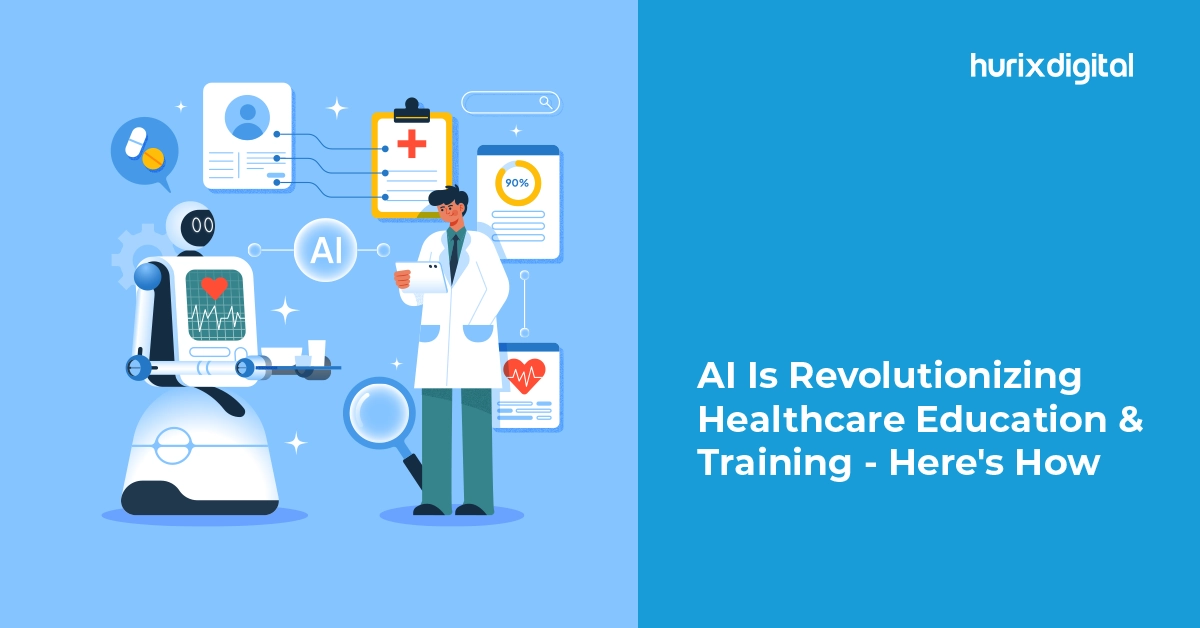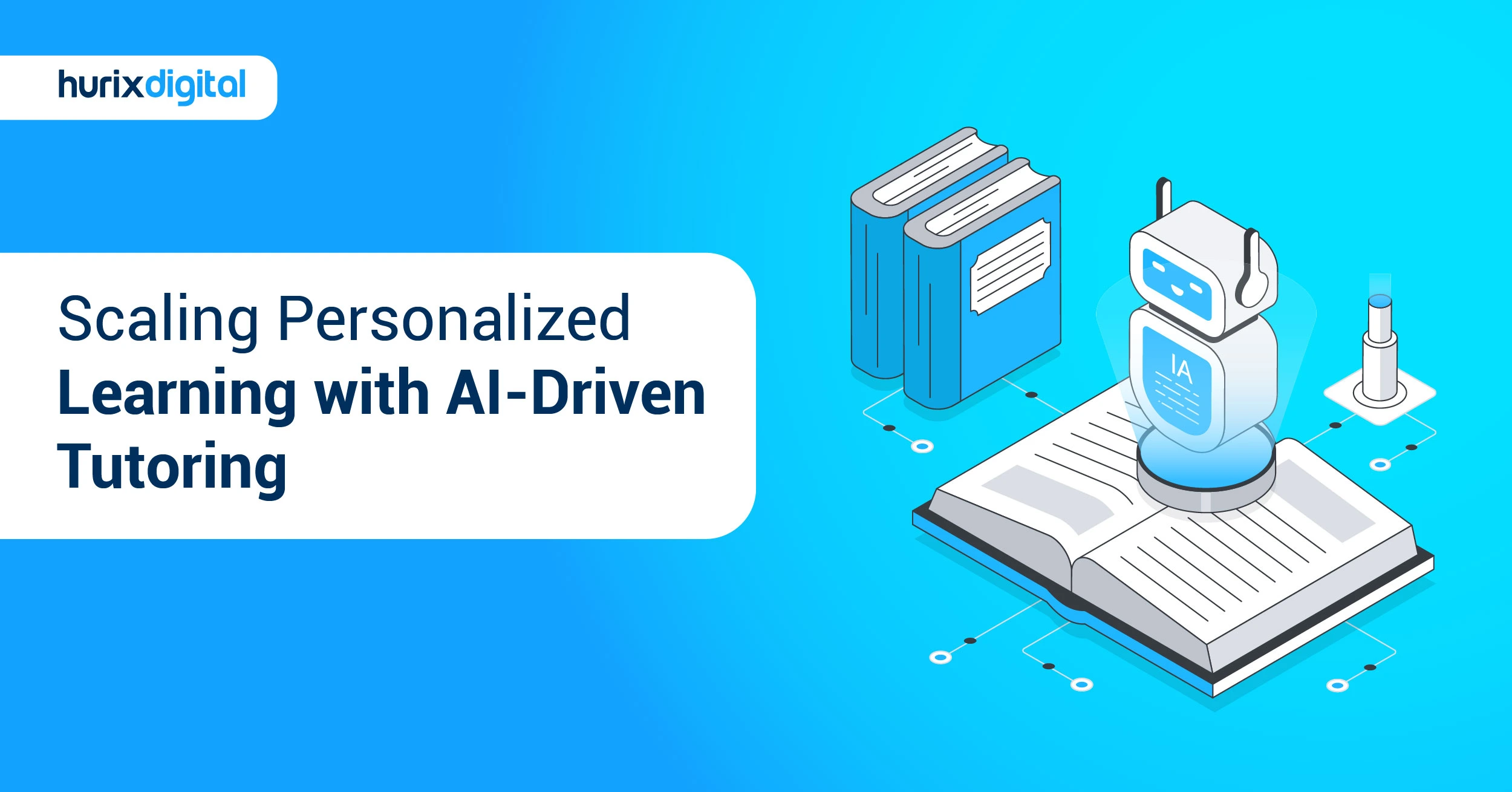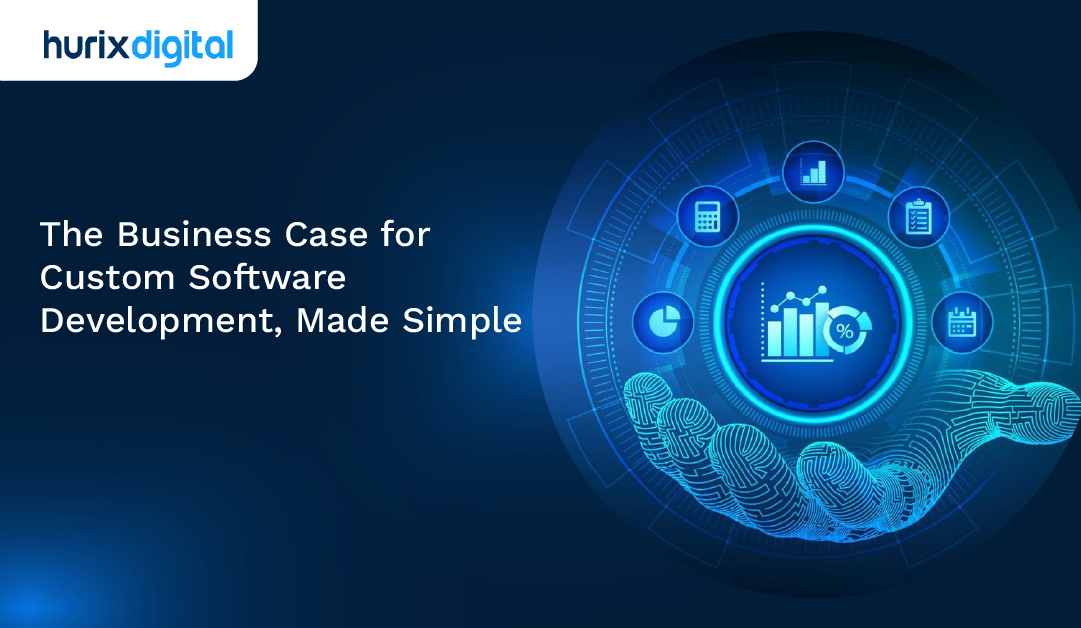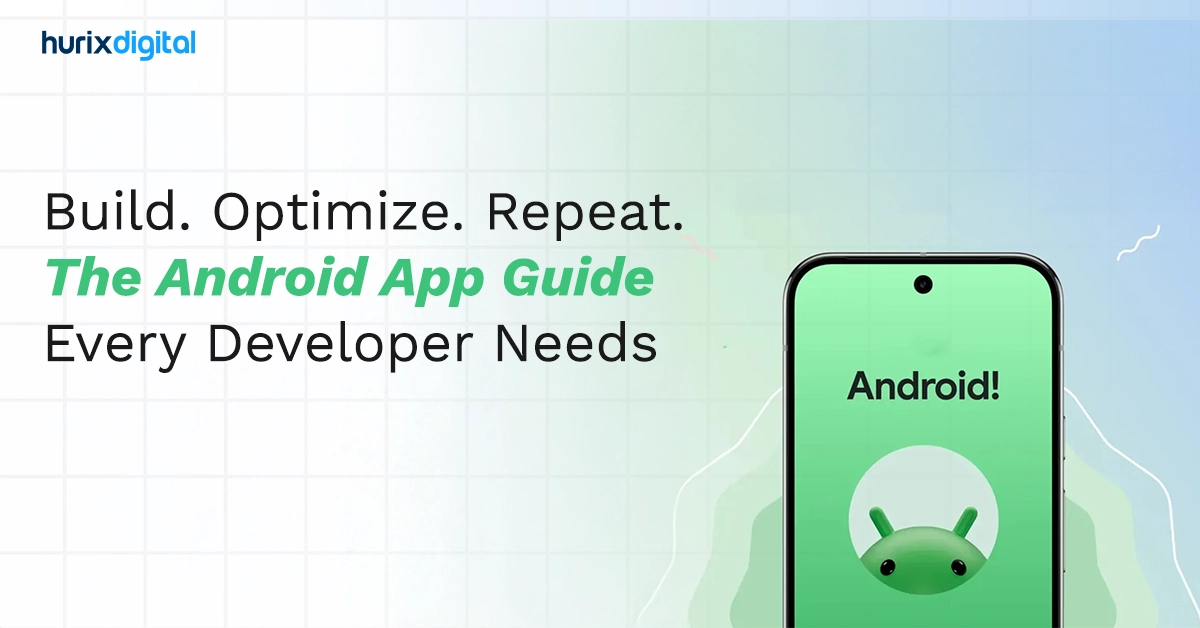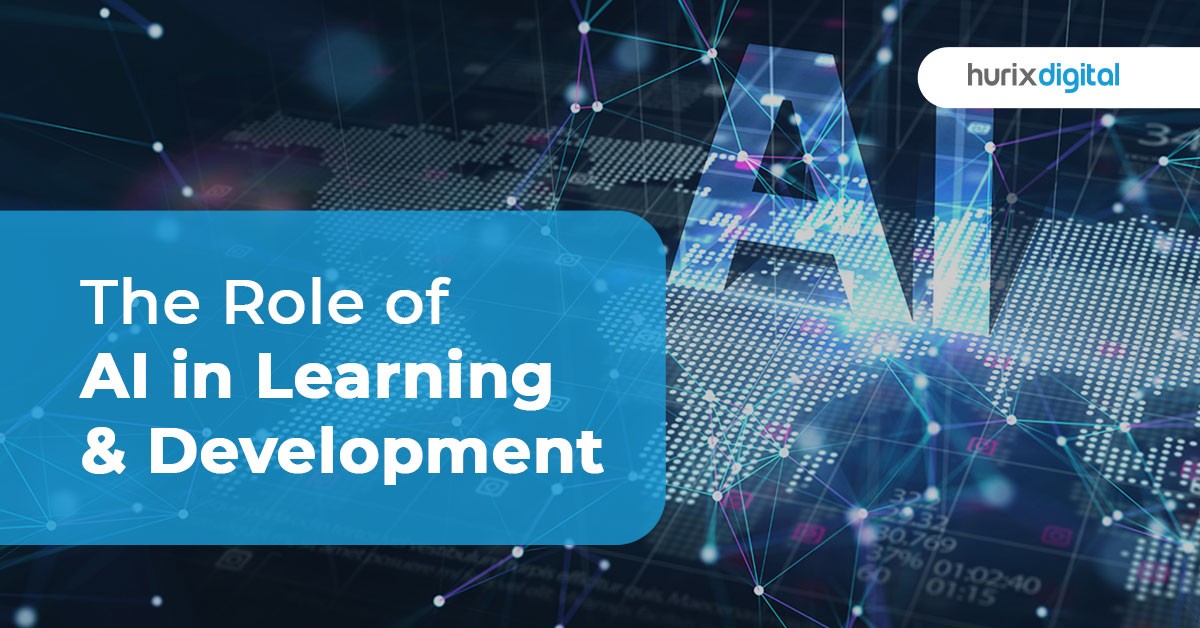
The Role of Artificial Intelligence (AI) in Custom Application Development
Summarize with:
Today’s technological advancements are a yardstick that tells us how far we have come and predicts the course of our journey ahead.
When talking about futuristic technologies, discussing the promising outcomes of advancements made by the likes of Artificial Intelligence (AI) in the realm of custom application development is pivotal. That’s primarily because we have long departed from an era of humble technologies and generic services toward a highly machine-driven world where the focus is on personalization.
Today, AI and its allied disciplines like machine learning (ML), and deep learning are at the heart of every mobile application we work with. From food delivery apps that suggest food and restaurant choices based on our past purchases to cab-hailing apps that offer real-time location updates, so many of our day-to-day interactions with these applications are driven by AI, which makes it extremely pertinent to grasp the role of AI in the app development process.
Table of Contents:
- What is AI?
- How Does AI Help in Custom Application Development?
- Important Features of AI for Custom Application Development
- Benefits of Using AI for App Development
- Role of AI in Custom Application Development – Case Studies
- Final Thoughts
What is AI?
Before we delve into the role AI plays in custom application development, let us first understand what this technology is all about.
Artificial intelligence or AI is a broad-spectrum computer science branch involved with creating smart machines and software applications with the capability to perform tasks that traditionally required human intelligence.
This interdisciplinary science uses a mix of technologies such as machine learning (ML), natural language processing (NLP), and deep learning, and approaches to augment the performance abilities of the tech industry. AI equips machines and software applications to learn from experience, adjust their performance as per new inputs, train themselves on the job, and perform human-like tasks.
Also Read: Top 8 Cloud Security Best Practices
How Does AI Help in Custom Application Development?
After making an impact in the world of computers, automobiles, and retail, AI has made inroads in the world of applications as well, opening up this sector to a whole new world of possibilities.
Leveraging AI in custom application development can result in more intuitive and responsive products capable of delivering a seamless, personalized, and engaging user experience. Statistics indicate that 72% of business leaders who have incorporated AI in their mobile applications view it as a strategic tool to gain a business advantage.
Here’s how AI can help in improving the outcomes of the app development process:
1. User-Centric Experience
The prime role of AI in applications is to gather and process user-specific data and use it to augment the user experience. An example of this would be the recommendations you see on your Netflix account, complete with the percentage that a new show or movie matches your viewing interests. AI remembers and uses its memory to create an experience that places the user at its core.
2. Time-Effective Development Process
Deploying AI in the custom application development process helps speed up the process, allowing developers to build robust devices in smaller time frames and with greater efficiency.
3. Algorithms That Engage Users
Another key role of AI in applications is to use its algorithms to keep the users productively engaged. Businesses today are leveraging this aspect by integrating identical AI algorithms into a broad range of products for a more uniform, incentive-based, and well-rounded approach. This is made possible by leveraging inputs from various data points such as online traffic, mobile devices, and point-of-sale machines, and then strategically using these to offer a more comprehensive user experience.
4. Integrating Hardware Tech into Application Processes
Smartphones today come loaded with a range of advanced hardware technologies such as GPS, cameras, microphones, voice notes, and so on. AI facilitates the collection of data from these hardware features to make applications more personalized and relevant in their outcomes.
5. Building Upon Personalization
Another smart way AI improves the application performance and outcomes is by building upon the element of personalization using users’ commands to their devices. For this, features such as a voice-based search can be embedded in the app to make the user experience more seamless.
Similarly, past behavior patterns can be used to predict future actions and assist the user in taking those actions with relevant suggestions. In addition to this, blending AI with machine learning to include features such as chatbots can be used for custom application development aimed at making a lasting impression on the user.
Important Features of AI for Custom Application Development
Artificial Intelligence has transformed the world of custom application development with some unique features that have enhanced efficiency, security, and experience for users.
Some of the key features of AI-driven application development are:
1. Intelligent Automation
AI-based automation automates repetitive and laborious tasks in application development, such as code generation, debugging, and testing. Automation makes the development rate faster by as much as 50% while cutting the human error factor and costs.
Developers can deal with mundane tasks while focusing on more creative and sophisticated parts of the application development process.
2. Predictive Analytics
With predictive analytics of AI, developers can incorporate models to analyze user behavior and app performance, providing actionable insight. This type of application increases user retention by 20%. Businesses apply predictive analytics when optimizing feature applications and planning updates to ensure their applications remain future-proof.
3. Natural Language Processing (NLP)
NLP is what makes possible the creation of AI-powered chatbots and voice assistants. This includes advanced search functionality in applications such as Amazon Alexa and Google Assistant, making it easier for users to have normal conversations while using these applications.
NLP improves accessibility by making apps more inclusive through the support of multiple languages and voice-controlled features. Currently, 89% of consumers prefer companies with NLP-powered chatbots for quicker customer support.
4. Machine Learning Algorithms
Machine learning (ML) enables apps to learn from user behavior over time and thus serve users with more personalized recommendations and dynamic features.
Spotify, for example, uses ML algorithms to curate playlists to meet the needs of individuals, making such playlists perform better to reach users to drive more user engagement. This means developers can develop applications that will meet current needs and improve and adapt to predict future needs.
5. AI-Based Testing
Testing tools equipped with AI transform the process of software testing by automatically identifying bugs and points of vulnerability.
These instruments reduce the time required for testing while ensuring robustness across different conditions. According to reports, AI testing increases defect detection by up to 30 percent, ensuring reliable app performance and faster time-to-market.
6. Strengthening Security with AI
AI further enhances the security of applications, such as anomaly detection, and predictive modeling. PayPal, for example, uses AI algorithms to detect fraudulent activities in real time.
AI-based security features are proactive in addressing potential vulnerabilities and protecting user data. According to reports, AI-based security systems can detect threats 90% quicker than traditional methods.
7. Computer Vision
Computer vision allows the creation of an excellent experience for users through features like facial recognition, image processing, and augmented reality.
Examples of computer vision power are on view in Snapchat AR filters and Apple’s Face ID. Given that the AI market is estimated to reach $126 billion by 2025, AI is playing a critical role in the development of current applications.
Benefits of Using AI for App Development
The potential of AI to transform the process of custom application development and the ensuing user experience holds a lot of promise. This is best reflected in these benefits of AI in the application tech:
1. Completing Repetitive Tasks Swiftly
Performing the same tasks repeatedly can become tedious and off-putting. Given its ability to perform human-like tasks, AI can take over mundane, repetitive tasks, freeing up human capital to focus on adding more finesse to the product and solving problems in the app development process in real-time.
2. Accuracy and Robustness
AI can go a long way in minimizing the element of human error and developing apps with greater precision and accuracy. This results in more robust products that deliver on customer expectations.
3. Improved Customer Retention
The modern-day marketplace is fraught with a constant fight for survival. In this milieu, something as simple as an AI-powered app can mean the difference between thriving and perishing. Customers today seek hyper-personalized experiences and want to discover the right things at the right moment without having to search for them. The data gathering and processing abilities of AI algorithms can play a vital role in offering users just that, thus, facilitating customer retention. This, in turn, translates into improved ROI and growth.
4. Game-Changing Intelligent Interactions
The use of AI algorithms in custom application development, along with machine learning, deep learning, and natural language processing, can transform the way businesses engage their customers. The personalized experience delivered by AI helps business leaders, app developers, as well as customers, share a common platform to collectively think about intelligent interactions that can facilitate competitive business practices.
Role of AI in Custom Application Development – Case Studies
AI has changed custom application development drastically as it enables businesses to solve complex problems and deliver the best possible user experience. The following case studies represent real-world experiences of how AI has transformed app development across various industries.
1. Netflix: Personalization at Scale
The challenge was to keep the users engaged with personalized content recommendations. For this purpose, Netflix has come up with AI-driven machine learning algorithms for analyzing user behavior, viewing patterns, and preferences.
On that basis, the company had an impressive outcome: a significant improvement in user retention. Personalized recommendations increased engagement by 20%. This is how AI not only meets the expectations of the users but also benefits business growth with enhanced customer loyalty.
2. Zest AI: Facilitating Loan Approvals
Because the traditional loan underwriting process is mainly manual and time-consuming, financial institutions face significant barriers. To address this challenge, Zest AI developed an AI application that automatically assesses credit risks.
AI thus helped Zest AI improve its auto-decisioning process by 70-83% in addition to leading to better accuracy in decision-making. The case above represents how AI can bring efficiency and reliability into critical financial operations for the good of the institutions as well as customers.
3. Grammarly: The AI-Powered Writing Assistant
Grammarly was designed to help authors compose error-free and compelling content. Enriched by natural language processing and machine learning, this application suggests editing processes in real-time, specific to the individual using it.
Grammarly has over 30 million daily users, transforming their lives by improving the writing process. This example simply speaks to the efficiency of AI in providing human-friendly solutions that may help improve quality of life.
4. Uber: Improving Estimated Time of Arrival
For ride-sharing companies such as Uber, accurate estimated time of arrival (ETA) is essential. Uber incorporated AI/ML models that could analyze more traffic data, user patterns, and historical ride data to improve ETA accuracy.
This improvement through AI resulted in better user satisfaction through the accuracy of arrival times and reduced waiting times. Uber’s reliance on AI shows that advanced analytics can improve operational efficiency and user experience.
Final Thoughts
AI in custom application development is vital for giving customers just what they want. Therefore, ignoring AI’s potential to enhance customer service strategies is a risk that entrepreneurs can ill afford to take. Any business that seeks to maintain a competitive edge and build upon a productive future must leverage this soaring trend.
Artificial intelligence has been a game-changer in custom application development, opening up possibilities to businesses for creating better, more intelligent, faster, and more efficient applications.
Are you ready to seamlessly integrate AI into your custom applications? Partner with Hurix Digital, a leading AI-driven solutions provider, to utilize AI as a new dimension in innovative and scalable app development. Feel free to get in touch today so you can start your journey towards smarter applications!
 A Space for Thoughtful
A Space for Thoughtful 
